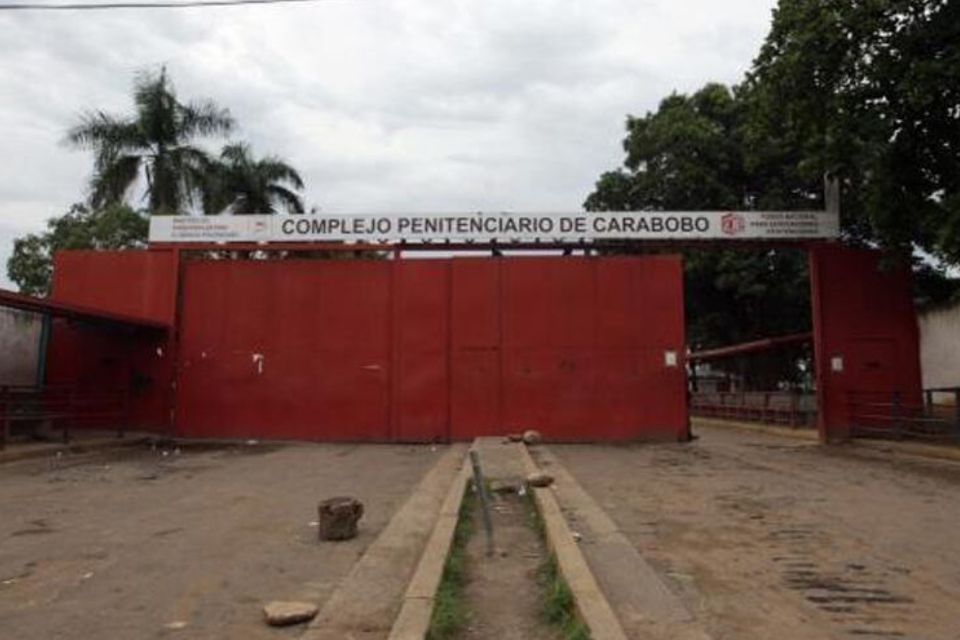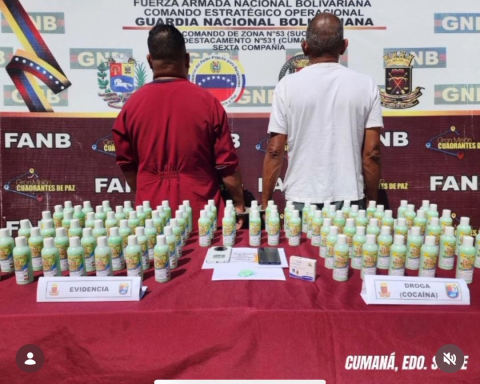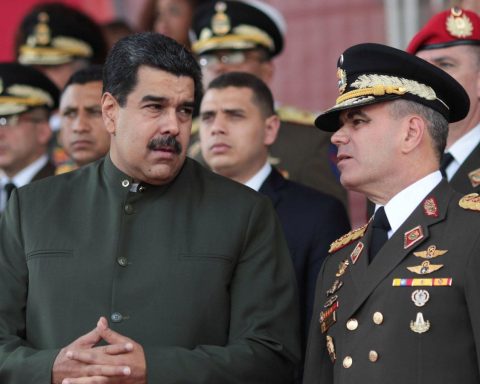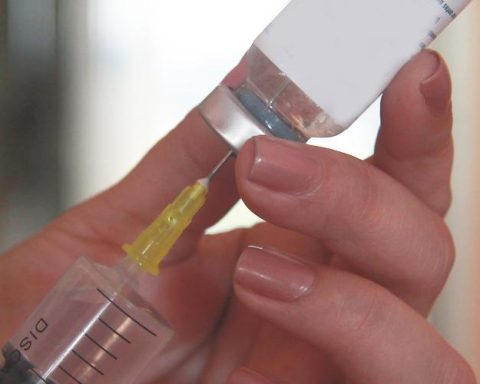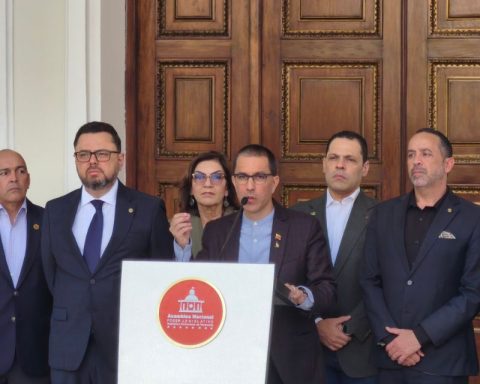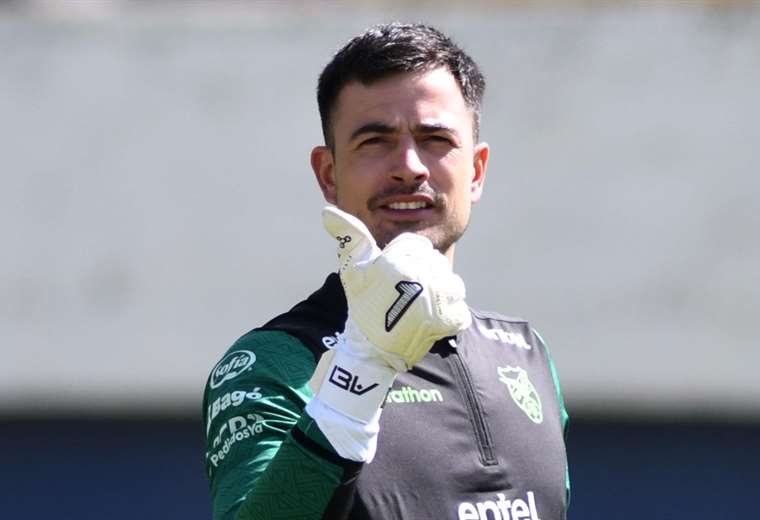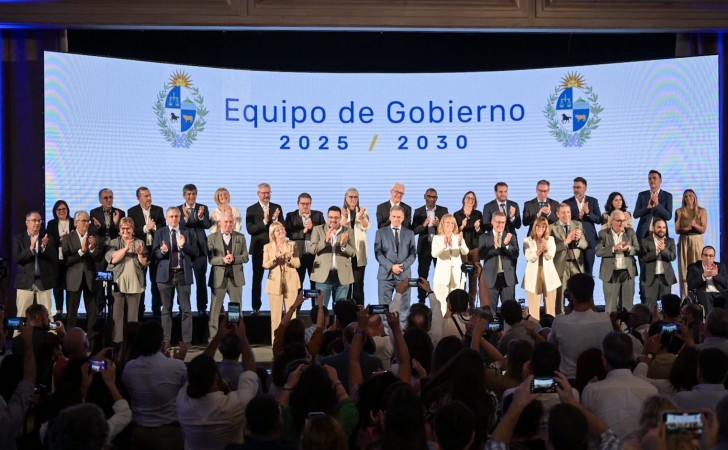The deaths in prison of three political prisoners detained after the July presidential elections in Venezuela violate fundamental human rights norms, including the so-called “Nelson Mandela Rules,” and will activate international justice mechanisms for these cases, which occurred in the last month. , according to specialists.
Jesús Rafael Álvarez, a 44-year-old Venezuelan who had been detained with his wife Anny in Bolívar, in the south of the country, He died in the Tocuyito judicial hospitalin Carabobo, 500 kilometers from his region of residence, according to family members.
One of his three children identified his body from a photograph and said he had noticed his swollen cheekbone; he saw him “extremely thin” and “emaciated,” he told the Venezuelan Prison Observatory, an NGO that protects the rights of prisoners in the country.
Three days later, the Observatory reported the death of another political prisoner, Osgual González, 43, also in Tocuyito. He had symptoms of depression and hepatitis, which was treated late by the prison authorities, according to his relatives.
In November, the death of Jesús Martínez Medina, a musician and political activist from Vente Venezuela who had been arrested after the elections, was reported. According to the opposition and his relatives, he did not receive timely medical attention and died in the middle of an operation to amputate both of his legs, which were already necrotic.
Their deaths violate not only national norms, such as the Constitution of Venezuela, but other international declarations and agreements, he warned the Voice of America the lawyer expert in human rights and member of the NGO Provea, Calixto Ávila.
Article 43 of the Constitution states that the right to life “is inviolable” and that “the State will protect the life of people who are deprived of their liberty, providing military or civil service, or subject to its authority at any time.” another way.”
Furthermore, its article 46 states that “every person has the right to have their physical, mental and moral integrity respected” and states that “any public official who inflicts physical or mental mistreatment or suffering on any person, or who instigates or tolerates this type of dealings, will be sanctioned in accordance with the law.”
Disrespected rules
According to Ávila, the arrests of the three deceased were arbitrary because they occurred while they were exercising their rights and freedoms contemplated in the Universal Declaration of Human Rights and the International Covenant on Civil and Political Rights.
Their deaths, according to the lawyer, constitute a violation of the United Nations Standard Minimum Rules for the Treatment of Prisoners, known as “The Nelson Mandela Rules”, in honor of the fighter and former South African president, imprisoned for 27 years during his fight for human rights, equality and democracy.
“These cases of death, disappearance or serious injuries must be reported to an authority independent of the prison administration empowered to carry out expeditious, impartial and effective investigations of the circumstances of these types of cases,” conditions that do not exist or apply to Venezuela, considered Ávila.
According to denounced in September the Independent Mission of Fact Finding in Venezuela, the judicial system “is clearly subordinated to the interests of the Executive Branch (of Nicolás Maduro) and serves as a key instrument in its plan to repress all forms of political and social opposition.”
In-depth and independent investigations
The deaths of Álvarez, González and Medina must be investigated “in depth” to determine if there were state officials responsible, according to Mariano de Alba, a lawyer expert in geopolitics, international law and diplomacy.
The investigations should be a first step towards trials, the determination of responsibilities, reparations to their families and the implementation of concrete measures to prevent prisoners from continuing to die in State custody, he pointed out.
If this does not happen, “then we will be faced with events that entail the international responsibility of the Venezuelan State, which could translate into both political and possibly legal condemnations of the unfortunate events,” he indicated.
Carlos Lusverti, lawyer and research professor at the Human Rights Center of the Andrés Bello Catholic University, stressed that the responsibility for the recent deaths “is clearly that of the Venezuelan State,” which had them in its custody.
“The authorities must guarantee the rights of his relatives to truth, justice and reparation, which include disposing of the body in accordance with his funeral rites and conducting an impartial and independent investigation,” he told the VOA.
Ávila, from Provea, doubts that there are conditions for impartial justice in his case, in accordance with what was reiterated by the United Nations Independent Mission.
The reported partiality of the judicial system as part of a “repressive apparatus” is precisely what has activated the competence of the prosecutor of the International Criminal Court Karim Khan to investigate crimes against humanity in Venezuela, he recalled.
“Given the lack of possibilities at the domestic level to establish justice for this type of crimes, international bodies are activated,” the lawyer highlighted.
Damaged reputation
The Venezuelan government has disqualified the investigations of the International Criminal Court as politicized, while denouncing the existence of alleged violent conspiracies by foreign actors against it.
According to the Attorney General of Venezuela and former Chavismo deputy Tarek William Saab, the State has released more than 500 people after the elections within the framework of its “commitment to peace, justice and human rights.”
De Alba, for his part, highlights that cases like those of Álvarez and González also increase international concern about human rights and the political situation in the country, as well as “putting a dent in the reputation of the Venezuelan government.”
“These are facts that could, for example, be included in future reports from international human rights organizations or even in the investigation efforts into crimes against humanity carried out by the Prosecutor’s Office of the International Criminal Court,” he said.
The necessary actions so that deaths like those of Álvarez, González and Martínez Medina are not repeated in Venezuelan prisons include allowing prisoners access to visits, allowing those incarcerated to be frequently evaluated by medical and psychological personnel and that they have “a treatment I say “, accurate.
